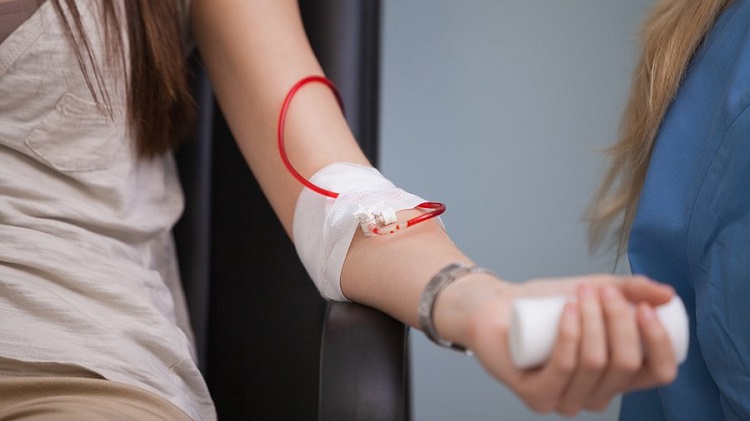With the advancement of science and technology, DNA testing has opened up a whole new realm in the realm of paternity testing. Paternity tests are taken from both parents of the baby as well as the child to determine if the child is indeed biologically related to its parents. The DNA test for paternity is now a common method for determining biological relationships, especially since it’s more accurate than other methods like blood tests.
The DNA prenatal paternity test procedure is a reliable, accurate way to determine the biological father of your baby. It is an important part of your pregnancy, because it can help you put any concerns about your future child to rest.
Table of Contents
Tests for Paternity Before and During Pregnancy
The sooner you know who the biological father of your baby is, the better. There are two types of prenatal paternity tests: those that test for paternity before the birth and those that are performed during the pregnancy.
Before-Birth Tests
A few weeks after conception, the fetus begins to produce its own DNA. That means that after nine weeks, testing can be done using only a blood sample from the mother and a saliva sample from the alleged father to determine if he is in fact the biological father of her baby. Before-birth testing can help you get answers and peace of mind sooner rather than later.
During-Birth Tests
The other type of prenatal paternity test is performed during labor or delivery by testing a small blood sample taken from the umbilical cord right after birth. This sample contains fetal DNA which can be analyzed to determine if you gave birth to a boy or girl and who the biological father of your baby is.
The process for DNA prenatal paternity testing starts with obtaining a hair sample from each parent. This is because hair roots contain cells that are easy to get from adults and teens, unlike saliva or blood samples which require a visit to a doctor. Then, they need to obtain a sample from the developing baby via the umbilical cord. After this is done, they need to send these samples off to a lab that can perform DNA tests.
DNA tests take anywhere from 7-10 days after samples have been sent off to be completed and returned. After that, results should be available within another week or so. To compare your results with those of your partner, you may need to look at several different websites before finding one that’s amenable to your needs.
If you are looking to get a prenatal paternity test done in UK, you can visit one of our clinics or book an appointment online at Ultrasound Plus.










Comments